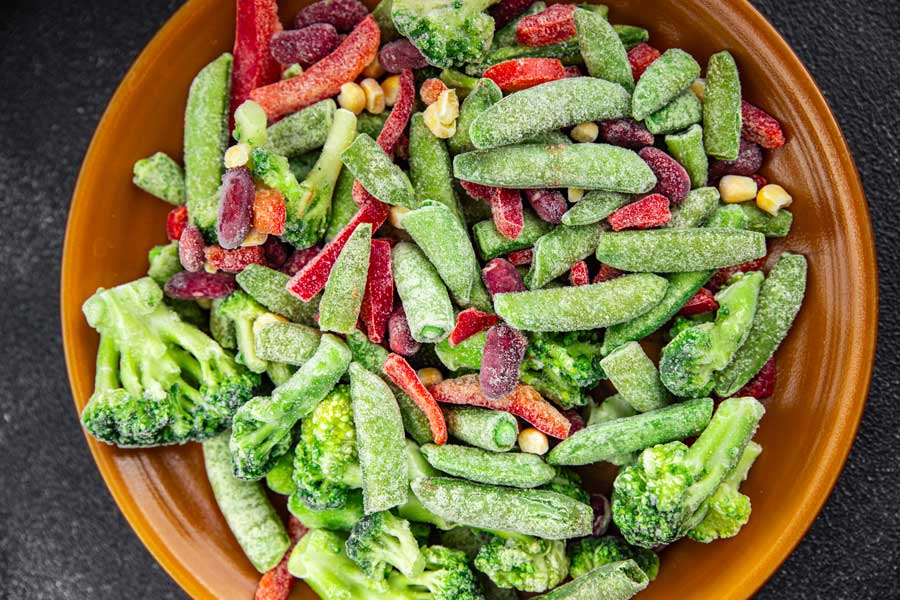In recent years, frozen food is stealing the spotlight over fresh produce. The uprise in easy, quick, and cheap food paralleled with the inflation of food prices across the UK.
With the price of food rising, the Office for National Statistics (ONS) have stated that adults have been faced with a rather uncomfortable statistic that nearly ‘52% of adults are spending more than usual to get what they normally buy when food shopping.’
As of 2023, prices are beginning to drop; but with nearly 95% of adults stating that their rising costs are owing to higher food prices, the popularity surge in frozen food has not shifted.
With the advantage of frozen meat, fruit, ready meals, and more, the frozen aisle combats the cost-of-living crisis with an effective selection of meal options.
Supermarket giant, Iceland have stated that through academic study: ‘frozen fruit and vegetables typically contain more vitamins and antioxidants than “fresh” ones that have spent days, often weeks, in the supply chain.’
‘Frozen food has much longer shelf life than fresh food, so minimises waste in the supply chain and customers’ homes.’
In addition, frozen food plays such a large part of reducing waste, Iceland said: ‘British families could reduce waste by almost half (47.5%) by eating frozen food.’
The benefits of shopping in the frozen aisle appear to be significantly higher than buying fresh food. With the added expiration and lower costs, is frozen the future of food production?
Source:

